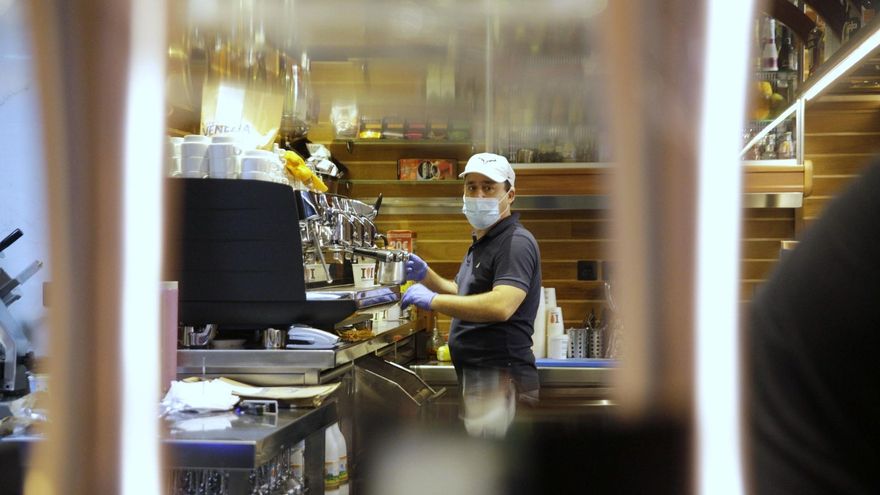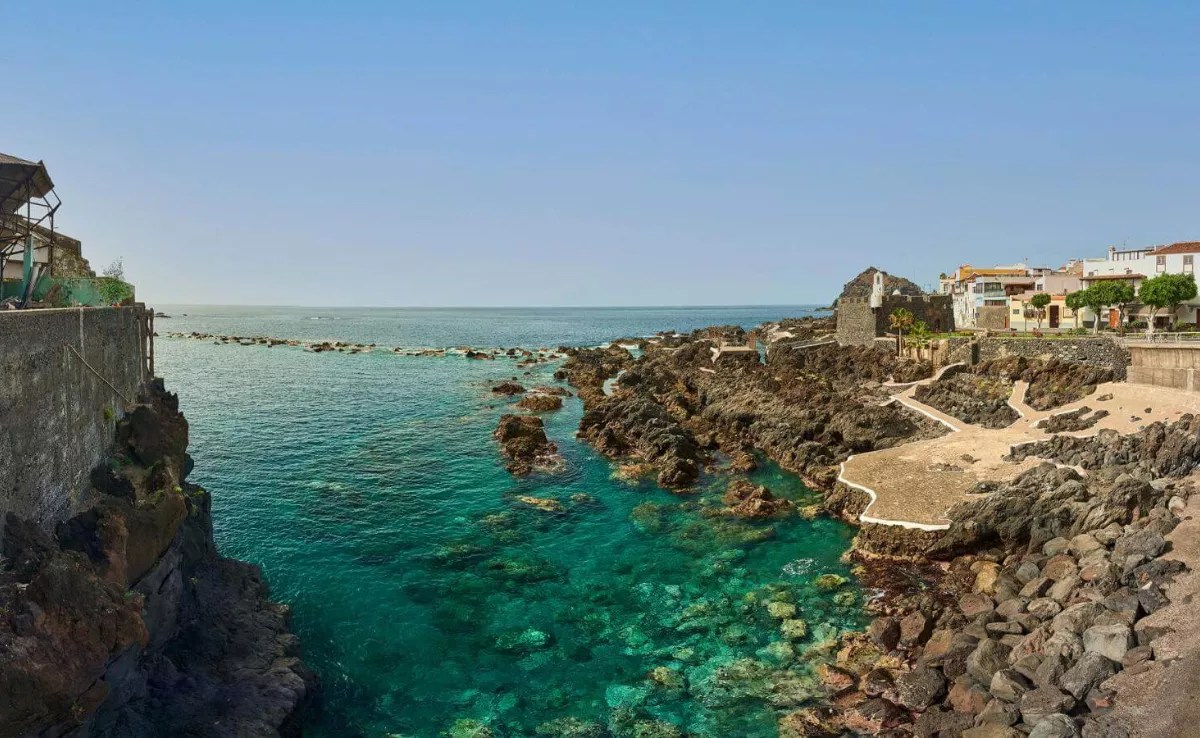
The rise in prices It does not even respect a product without which many are unable to perform in the morning, coffee. This raw material has doubled its value in just one year and this is beginning to be felt in the pockets of the canaries. Many of those who have gone these days to take the cut in their usual cafeteria will have noticed that they must leave a few more cents on the bar than last year. And it is that the hoteliers are having no choice but to begin to pass on this extra cost in what they charge for their espressos or cappuccinos. Between five and ten cents more for each cup.
“We try to put up with it but since December the price of coffee has risen twice and it is unsustainable,” says Grace Rodríguez, owner of the Paladar cafeteria, which since this week has been charging its customers ten cents more for the coffee. With this rise they also want to alleviate other extra costs such as electricity and other products such as milk. “Everything goes up and scratches profitability, in four years we had not raised prices but now we could not maintain them,” he says.
Rodríguez gave his clients a week’s notice and although “Most have been understanding because they know we have no other choice,” he is aware that “some have gone to other places to drink it.”
The price increase that he has applied in his cafeteria is not an isolated case since there are many who have been forced to make their products more expensive. Javier Padrón knows this well, owner of the Café Gourmet company in the Canary Islands, which supplies this product to dozens of establishments in Gran Canaria and Tenerife.
He assures that the majority of hoteliers have had to raise prices due to the escalation that this product is suffering and that for your company has meant an extra cost of 20%. “We can’t pass on everything, but we have increased the price between one euro and 1.20 per kilo,” he maintains, something that hoteliers translate into around five or ten cents for each coffee.
But, what is the reason that the price of this raw material has run amok? The answer must be sought first in the main producing countries. In Brazil, frosts and droughts have destroyed a large part of the harvest, while in Colombia, torrential rains have destroyed a large volume of production. Something that has caused the supply to be lower than the demand.
Added to this is the rise in the price of energy, necessary for the production of coffee and logistical problems that have affected the entire globe in the last year and that has made the export of this product more expensive. The cost of freight has skyrocketed and this has an impact on its final price.
Padron explains that the insular condition of the Canary Islands encourages this additional cost even more, since maritime transport is the only alternative to bring this product to the Archipelago. The truth is that, according to data from the National Institute of Statistics (INE), the price of coffee rose by 7% last year on the Islands, while on average throughout the national territory it only rose by 4, 4%.
But far from having reached its peak, what is feared is that it could continue to rise in the coming months. “Everything will depend on the climatic situation in the exporting countries, whether they have rains and the plantations can be saved, otherwise production will continue to drop and its price will rise,” he details. It is also not ruled out that there may be a shortage of this product throughout the year. An insufficient supply causes the production to be sold to the highest bidder and breaches of previously established contracts may occur.
Padrón points out that in the Canary Islands “we are quite coffee growers” and many social gatherings take place around a cup. But although in the past not much attention was paid to the quality of the product, little by little, island palates are becoming more exquisite. “This rise in price will also make people appreciate the different types of coffee more,” he values, since from his point of view “before, such a low price did not allow you to be so demanding”, but he assures that coffee “is Like the wines, there are Tetrabrik and Gran Reserva”. A pleasure for many that is on its way to becoming a luxury drink.
















